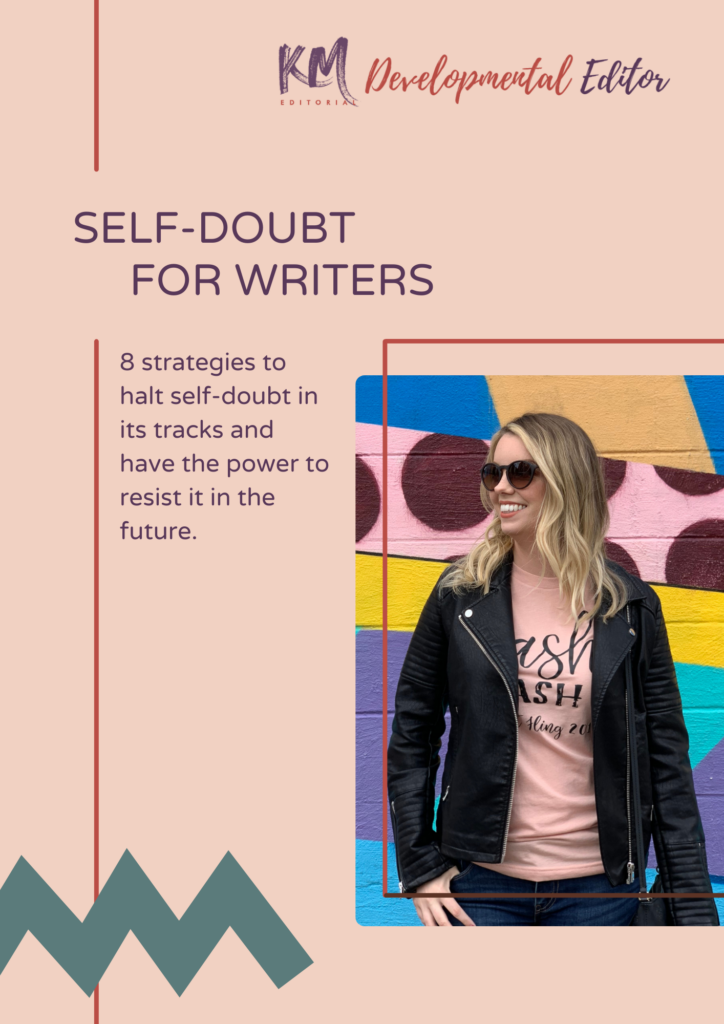Pairing up with a critique partner or group is very useful in strengthening your writing and getting an opinion on your work in progress before it’s published. Here’s the 101 on what you should know before you find and work with a critique partner:
It is a partnership.
Working with a critique partner or group is a two way street. Be prepared to put in the same level of work and attention to their work as you expect them to give yours.
A partner should challenge you.
The point of working with a critique partner is to grow as a writer. A good critique partner will challenge you. Their job is to provide constructive criticism and be honest, even if you sometimes wish they weren’t. They are not there to only give you praise, because if that was the case then you would never know what you can do to be better. On that note, keep in mind if you are not willing to evaluate your work and make changes based on critiques you receive, then you aren’t ready for a partnership.
There needs to be trust and support.
In order for a partnership to work there needs to be a level of trust and support. You should feel comfortable sending them your work. You trust their opinions, work ethic, and you trust that they want to see you succeed. They should root for you.
Establish expectations.
What genre do they write in and what do they like to read?
How often will you exchange? Will it be strict or more flexible?
Do sample critiques to determine the fit.
What level of critique are you looking for? What about them? If one partner is only looking for a basic gut reaction and the other wants detailed highlights, suggestions, and line notes then you two have a few things to talk about.
[Related: 5 Things To Look for in a Critique Partner]
It’s impossible to please everyone.
You can’t possibly adhere to all the advice you receive. If you did that it wouldn’t be your story anymore! Be sure to take the advice that agrees to you, your story, your voice, and your goals. Leave the stuff that doesn’t work. A good critique partner will understand your choice, as long as you’ve given their advice the level of consideration it deserves. Remember, they want you to succeed.
Don’t ignore the masses.
To counteract the note above – if everyone who reads your work comes back to you and says the same thing, then it is more than just a pattern. It means there is an inherent flaw in your manuscript and something needs to change. If they all say your hero is rude and insensitive, but you want him to be caring and charmingly humble then it looks like you have some rewriting to do. Critique partners see what you don’t because this story may be all in your mind, but maybe not all of it is on the page.
Have you ever worked with a critique partner? What did you learn from it?
KATIE MCCOACH is a freelance developmental book editor at KM Editorial working with authors of all levels to help them create their best story possible. Katie is a member of Romance Writers of America and the Editorial Freelancers Association. She has had essays published in TrainWrite and Kalliope and is currently writing a contemporary romance novel. For advice on editing, writing, and publishing visit her blog at https://katiemccoach.com/blog and be sure to also follow her on Twitter @KatieMcCoach.
Be sure to subscribe so you don’t miss another post!



 Download your free copy of these 8 tried-and-true strategies to stop self-doubt and imposter syndrome as a writer. And, build the power to resist it in the future.
Download your free copy of these 8 tried-and-true strategies to stop self-doubt and imposter syndrome as a writer. And, build the power to resist it in the future.
Trackbacks/Pingbacks